Is Vitamin C the new miracle beauty ingredient?
The world of beauty products is forever changing, with new and better products dislodging the old ones due to better insight, research and technologies. The products are also becoming lighter with a natural, non-greasy feel and have increased absorbency which enables them to penetrate deeper into the layers of the skin.
One particular ingredient has caught everyone’s fancy in the world of health as well as cosmetic and it has now attained cult status in both these worlds - Vitamin C.
Let us understand why Vitamin C is so important for our body. Vitamin C is essential for growth, development and repair of body tissues. And it doesn’t end at just this. It is also required for absorption of iron, a robust immune system, healing of wounds, formation of collagen and elastin and maintenance of cartilage, teeth and bones. It is considered as an excellent antioxidant and neutralizes rouge free radicals that can do damage beyond repair when allowed to run loose.
Vitamin C needs to be ingested by Humans as while most of the animal kingdom can produce Vitamin C for themselves, we cannot. To get the adequate quantity of Vitamin C to maintain a healthy body, we need to consume food rich in Vitamin C and at times take supplements.

But this was the health world. What possible good could it do in a beauty product applied topically?
Before we move onto the benefits of Vitamin C in beauty, we see it fit to mention here a common mis-conception. It is believed by many that consuming the appropriate amount of Vitamin C is enough to provide benefits to the skin. However, research has shown that topical application of Vitamin C is much (nearly 20-30 times) more effective for the skin than when taken orally.
Let’s pop over to the world of beauty now.
Collagen & Elastin
Collagen is the most abundant protein in the body which gives structure to the skin. Elastin is the compound which protects and heals the skin cells, keeping it healthy, glowing and taut. Together, they are responsible for a young, supple and firm skin bereft of crow’s feet and fine lines.
But as we age, the production and quality of collagen decreases. The visible signs of the decile of collagen and elastin production is sad and saggy skin with the appearance of wrinkles.
Vitamin C is irreplaceable for boosting the synthesis of collagen and elastin. Regular use of products containing Vitamin C may help to augment the production of collagen and elastin, improving overall skin health, combating wrinkles and preventing sagging of the skin.

Antioxidant
Have you heard of the “Free Radical Theory of Ageing”? It explains that the free radicals damage the skin by trying to grab electrons from the atom in the molecules of the skin. This is the leading source of skin ageing and wrinkles as the skin gets damaged overtime.
Free radicals are created by exposure to UV light, air pollutants and environmental stressors. Antioxidants are the answer as they are readily able to donate an electron to the free radical thereby neutralizing it.
We are already aware that Vitamin C is an excellent antioxidant. When applied topically, it is quickly absorbed by the Dermis - top layer of the skin where it starts scavenging the free radicals, slowing down further damage and preventing the Signs of Ageing.
Hyperpigmentation, Sun spots, Uneven skin tone
The millennium definition of beauty is clear, blemish free, even toned skin. But try as we might, this is hard to achieve, thanks to the environmental stressors which lead to hyperpigmentation, sun spots etc. This is due to increased production of melanin, which gives our skin its color. Vitamin C can inhibit the production of melanin preventing hyperpigmentation. The Skin Tone evens out over a period of time with regular use and the Dark Spots tend to fade.

Acne
Acne plagues almost 85% of the youth and it follows some into adulthood as well. The anti-inflammatory properties of Vitamin C help to reduce the redness and swelling caused by acne. As Vitamin C helps in the regeneration of new cells, it assists faster healing of the acne with minimal scarring.
Hydration
The hydrating properties of Vitamin C help to strengthen the skin barrier thereby reducing the transdermal water loss. It helps the skin to lock the moisture in making it look smooth, soft and plump. Hydrated skin is healthy skin.
Serum vs Everything Else
While Vitamin C can be found in a variety of beauty products like Vitamin C Serum, Vitamin C Cream, Vitamin C Face Wash, etc. However undoubtedly serums are the best way to take advantage of the benefits provided by Vitamin C. Highly absorbent due to its light formulation and easy to use, just apply a few drops after a toner and the skin will just drink it up. Do apply your moisturizer afterwards as it works as a protective layer and lets the serum do its magic.

Vitamin C and Hyaluronic Acid
Vitamin C can be paired with Vitamin E, Vitamin B, ferulic acid etc but it is best combined with Hyaluronic acid as they complement each other. While Vitamin C protects from sun damage and pigmentation, hyaluronic acid keeps the skin moisturized. Together they help to reduce the visible Signs of Ageing.
Cosmetic Companies
Vitamin C boasts a "wonder list" of benefits for the skin. No wonder then that all brands are clamoring to add it to different beauty products and include it in their range of cosmetics. Ingenious techniques are being utilized to make the customers aware of the benefits of utilizing these products containing vitamin C. Social media is awash with glorious tales of adding Vitamin C to the daily beauty regime.

Natural vs Synthetic
The Vitamin C added to the beauty formulations can be from a natural source like goose berries, oranges, rosehip oil etc or synthetically produced in a laboratory using ingredients like acetone and corn syrup.
Chemically synthesized Vitamin C is usually mentioned as ascorbic acid in the list of ingredients. They do not contain flavonoids and are blended with other ingredients to improve absorbency. They can sometimes be harsh on the skin and may even be toxic when exposed to UV-B rays.
It is always better to opt for products containing natural Vitamin C as it is gentle on the skin and much more readily absorbed. They contain not only ascorbic acid but also bioflavonoids and enzymes which work well with Vitamin C and provide additional benefits to the skin.


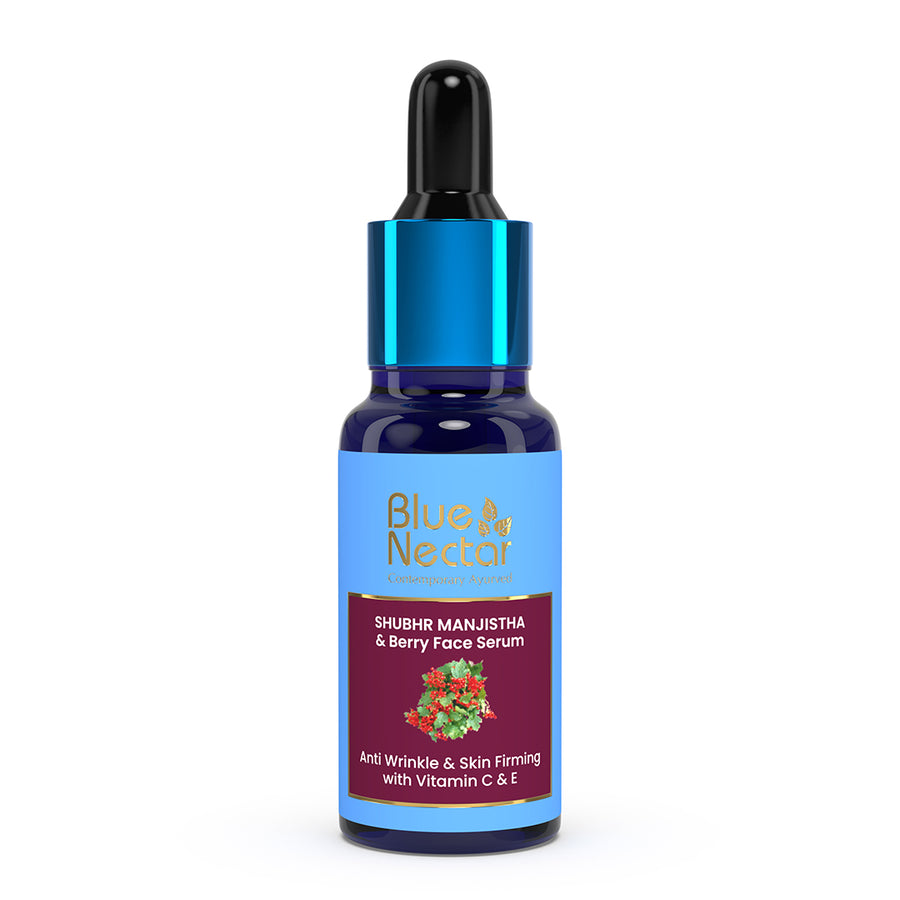

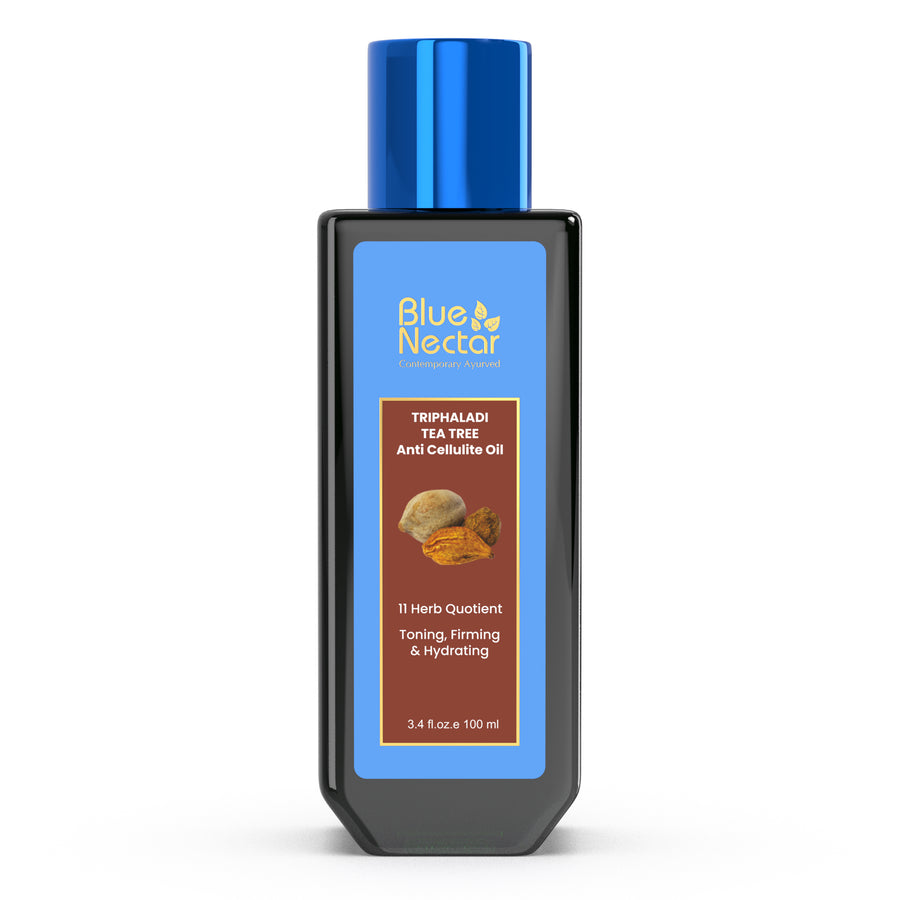
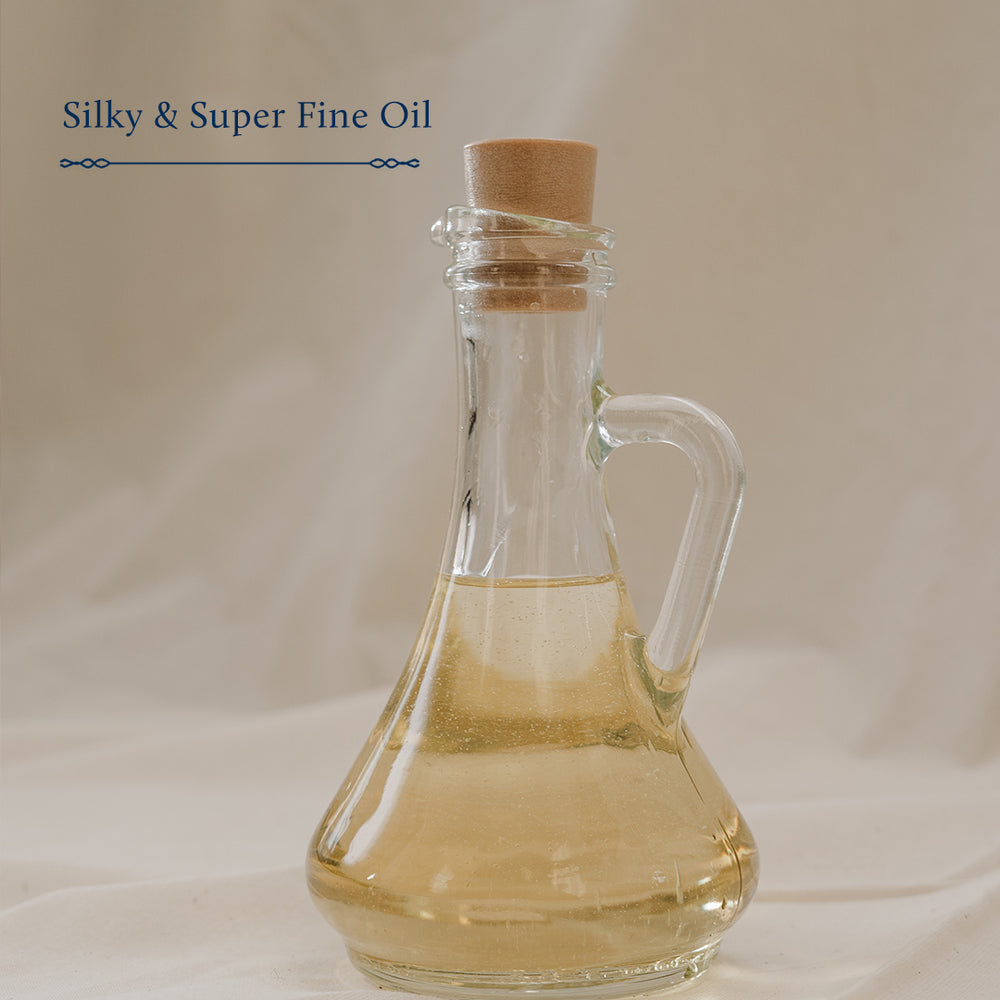
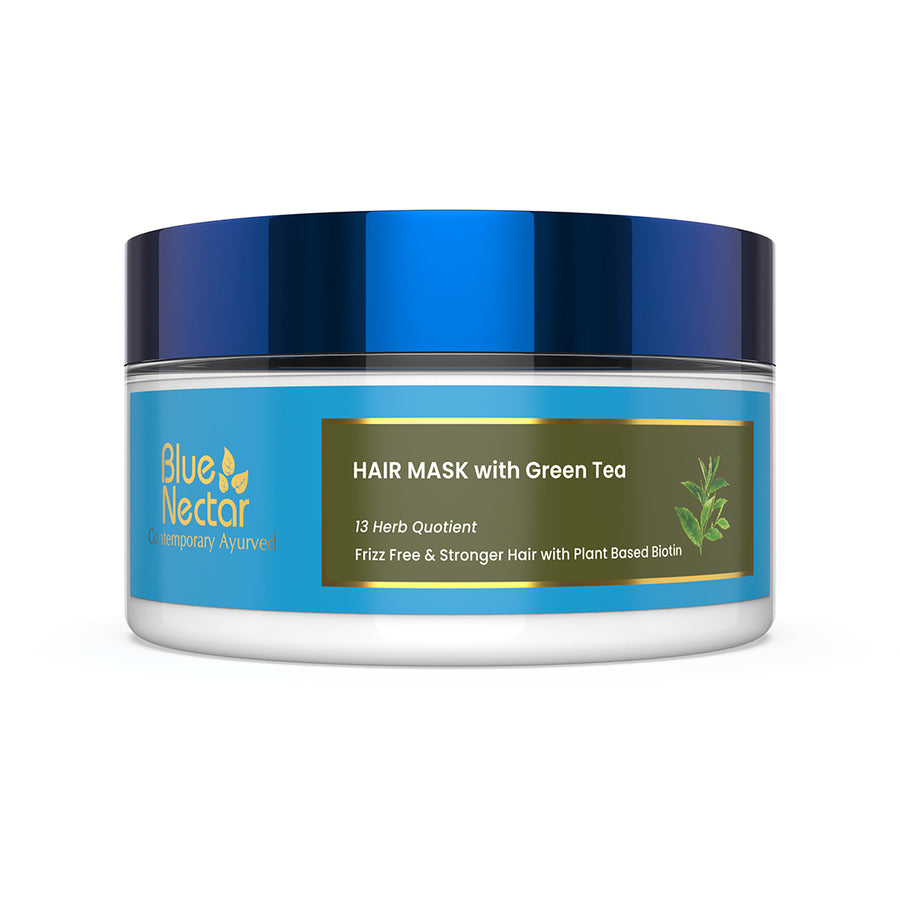
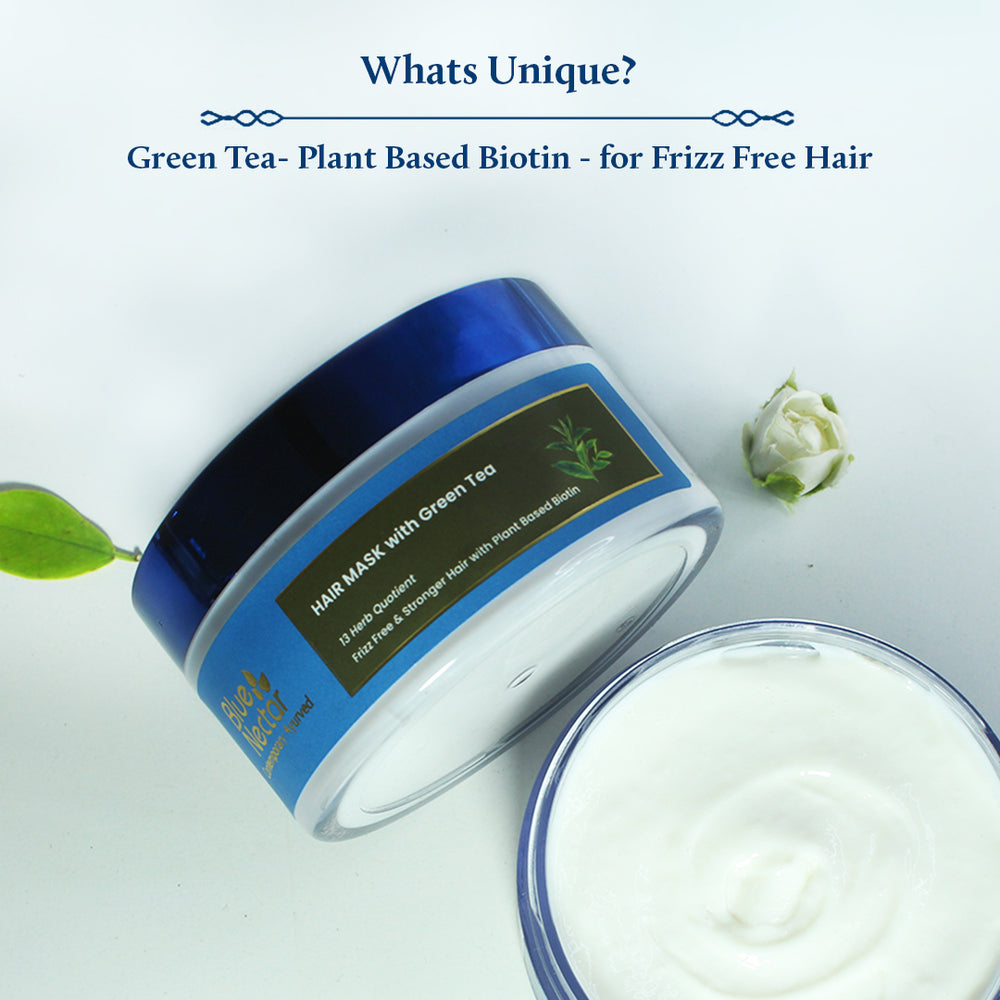


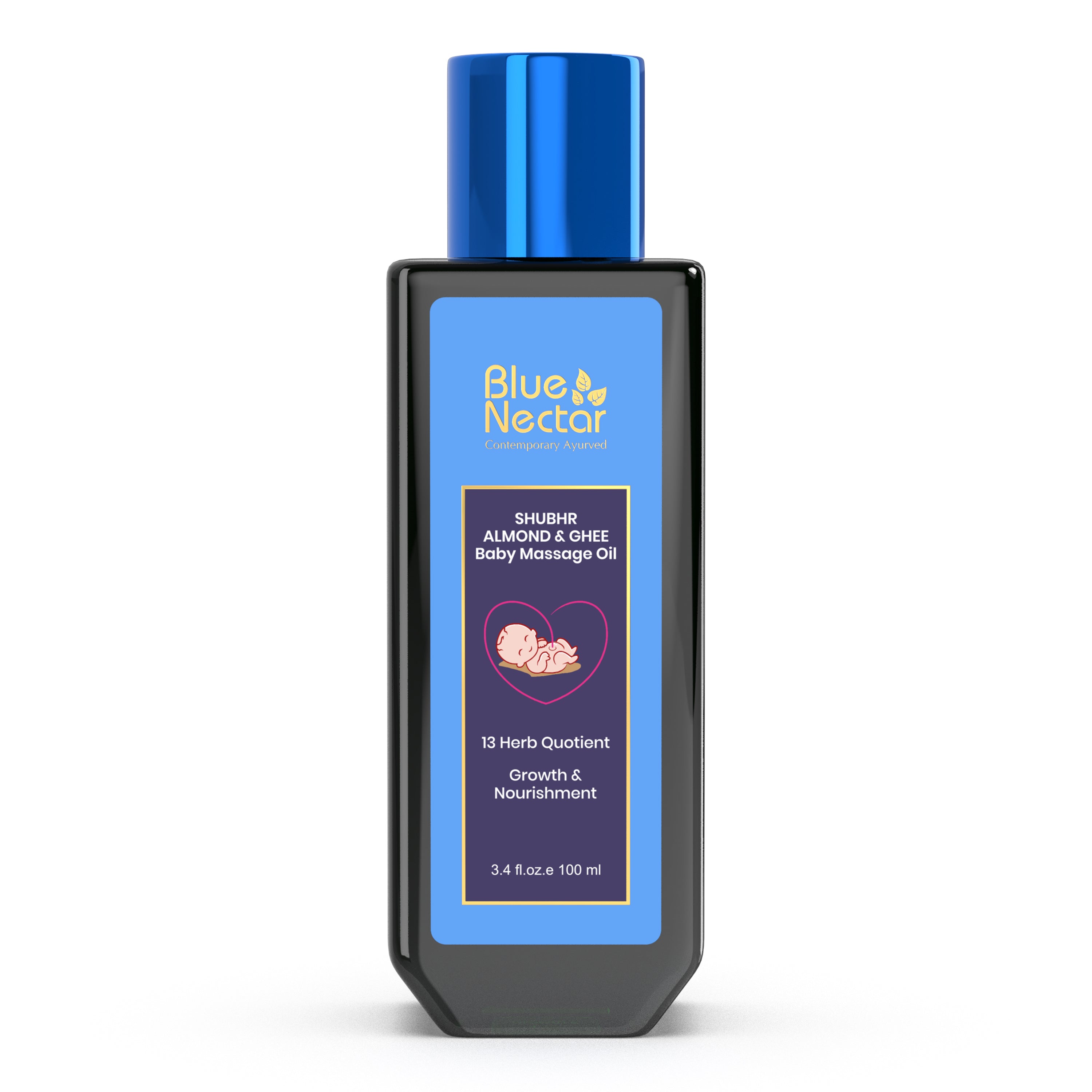
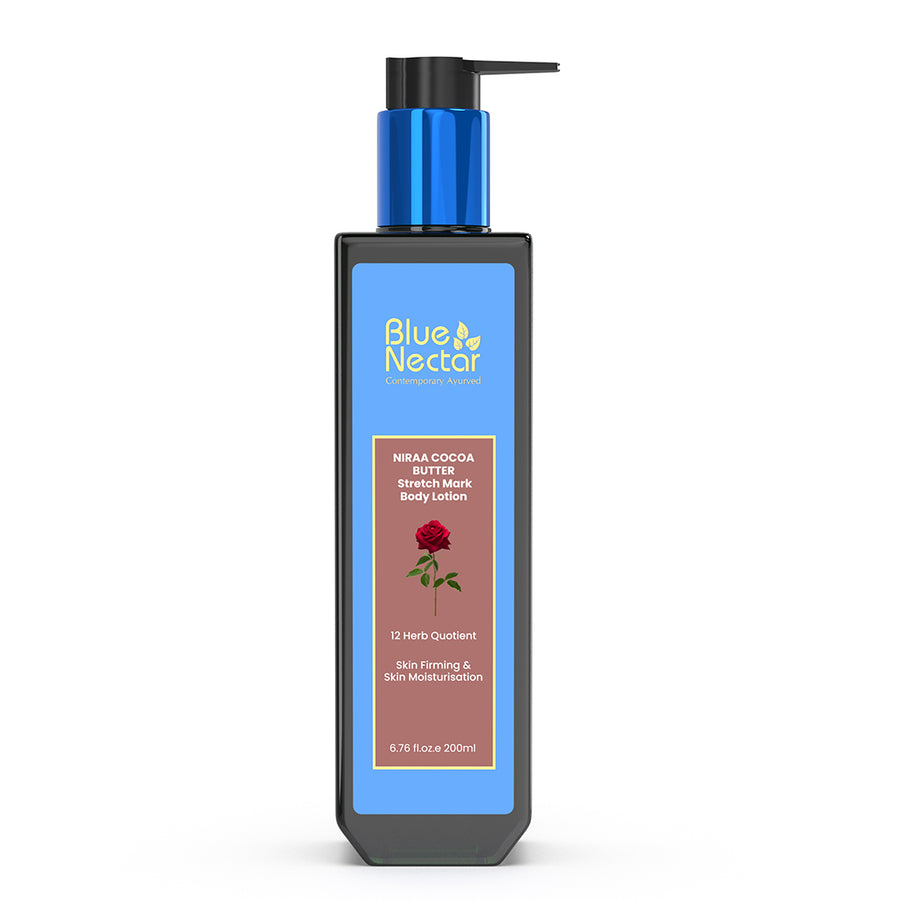

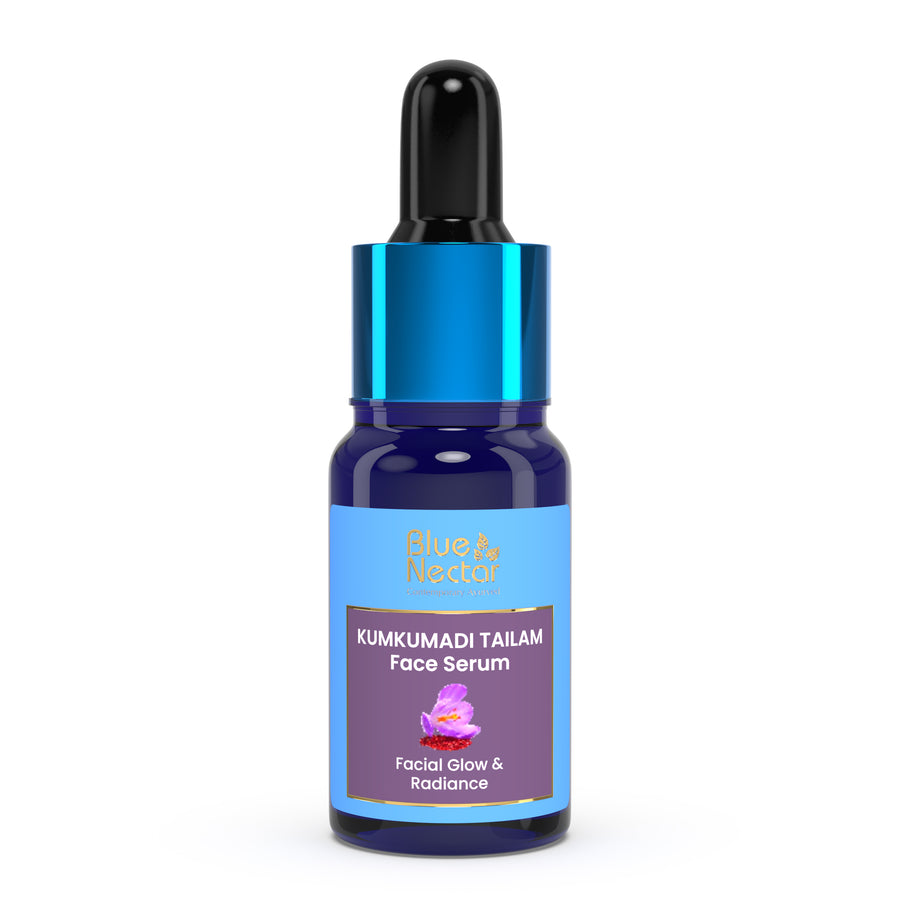
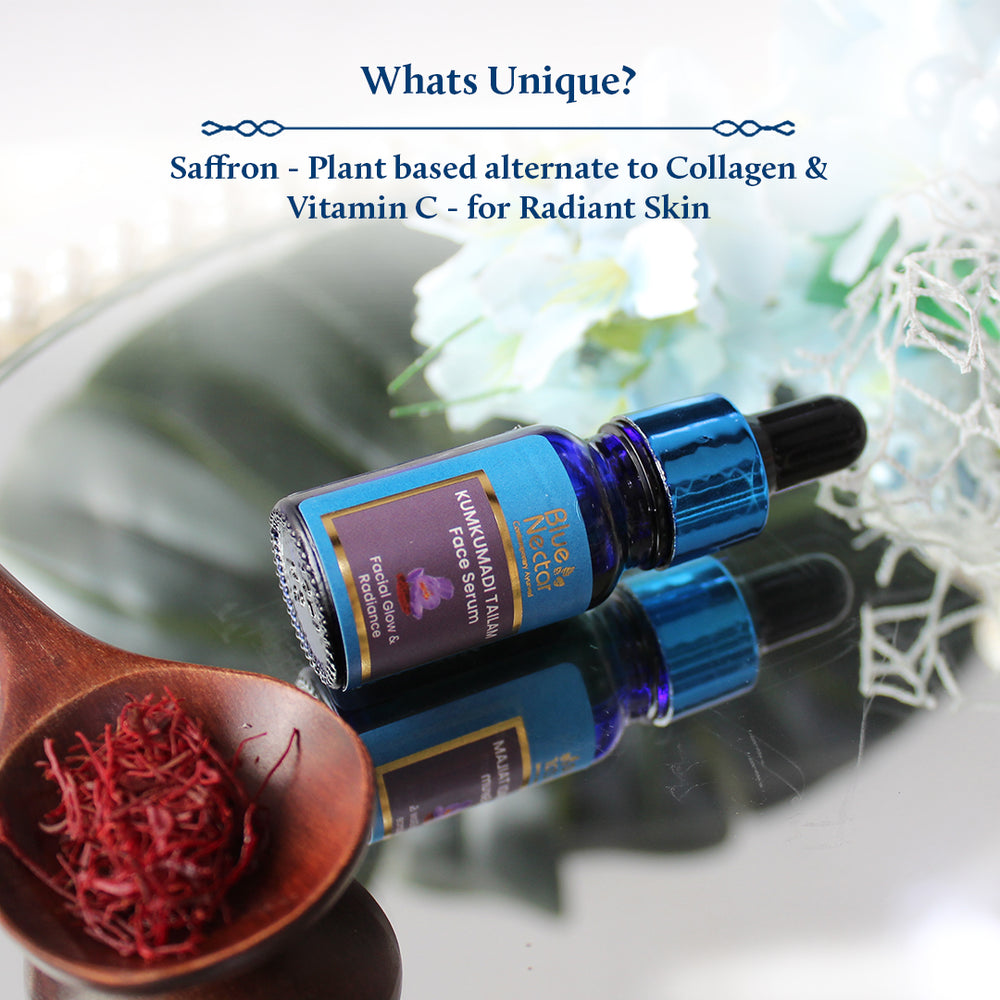
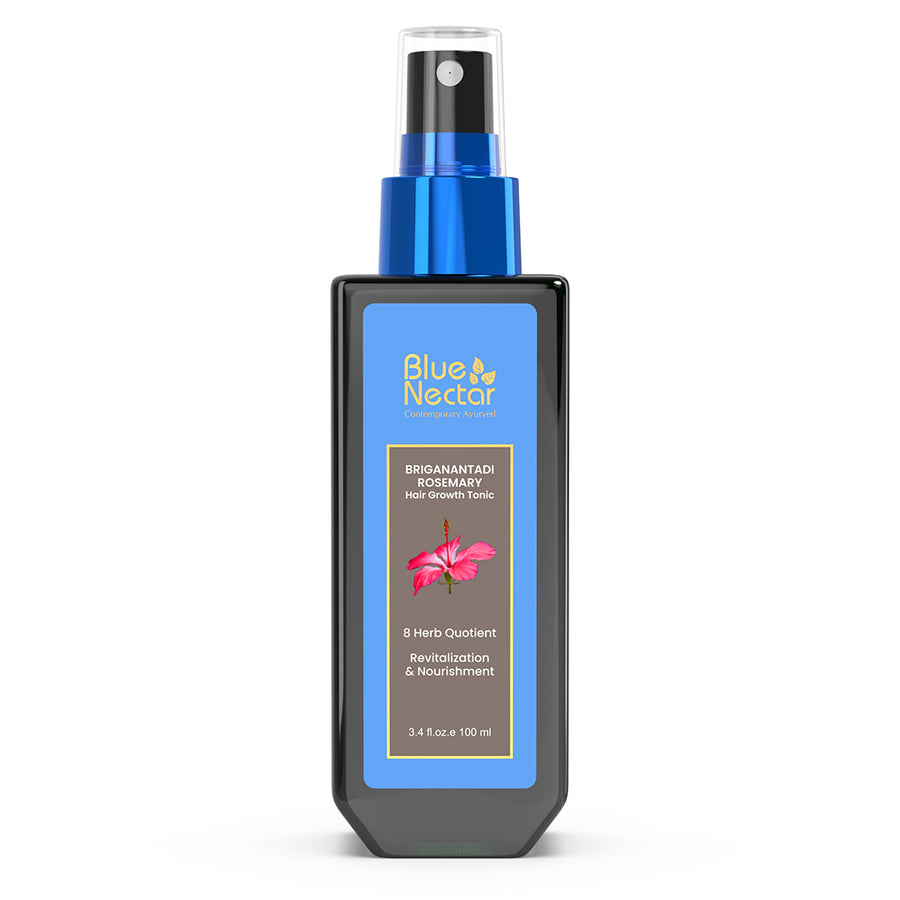
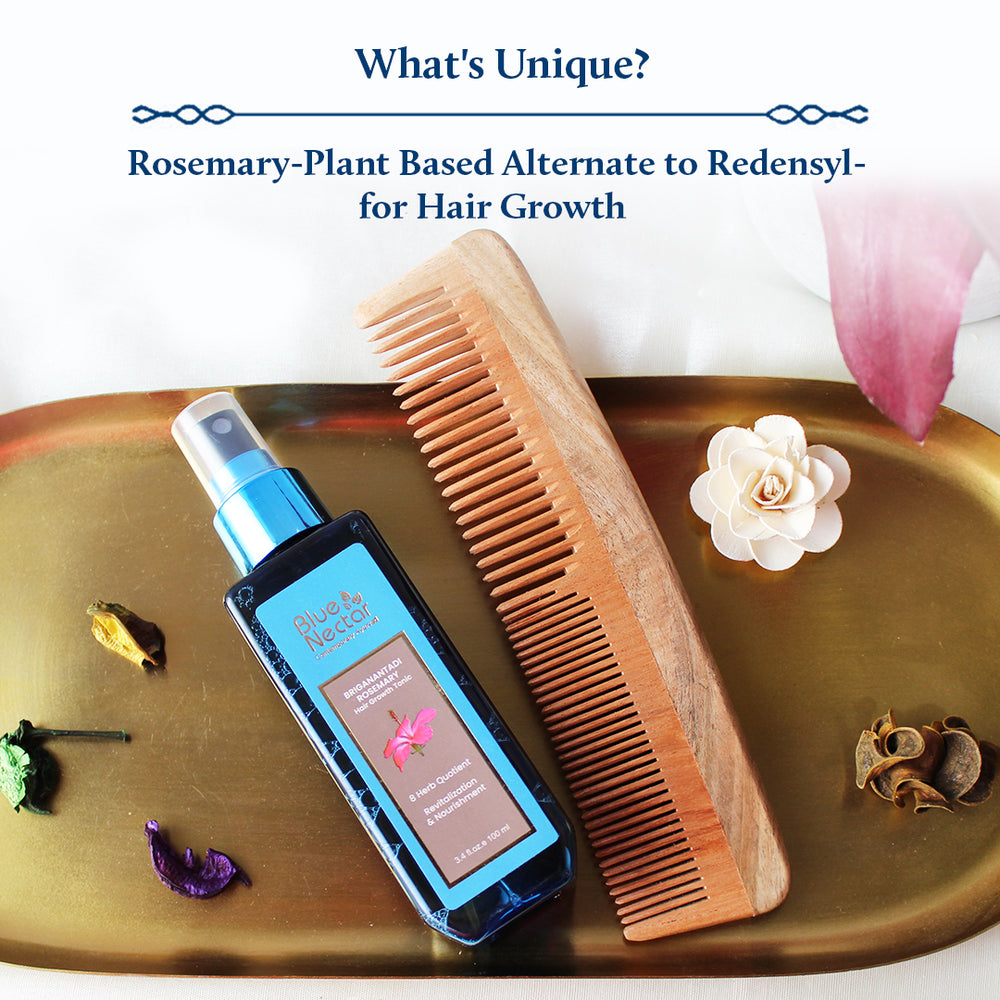

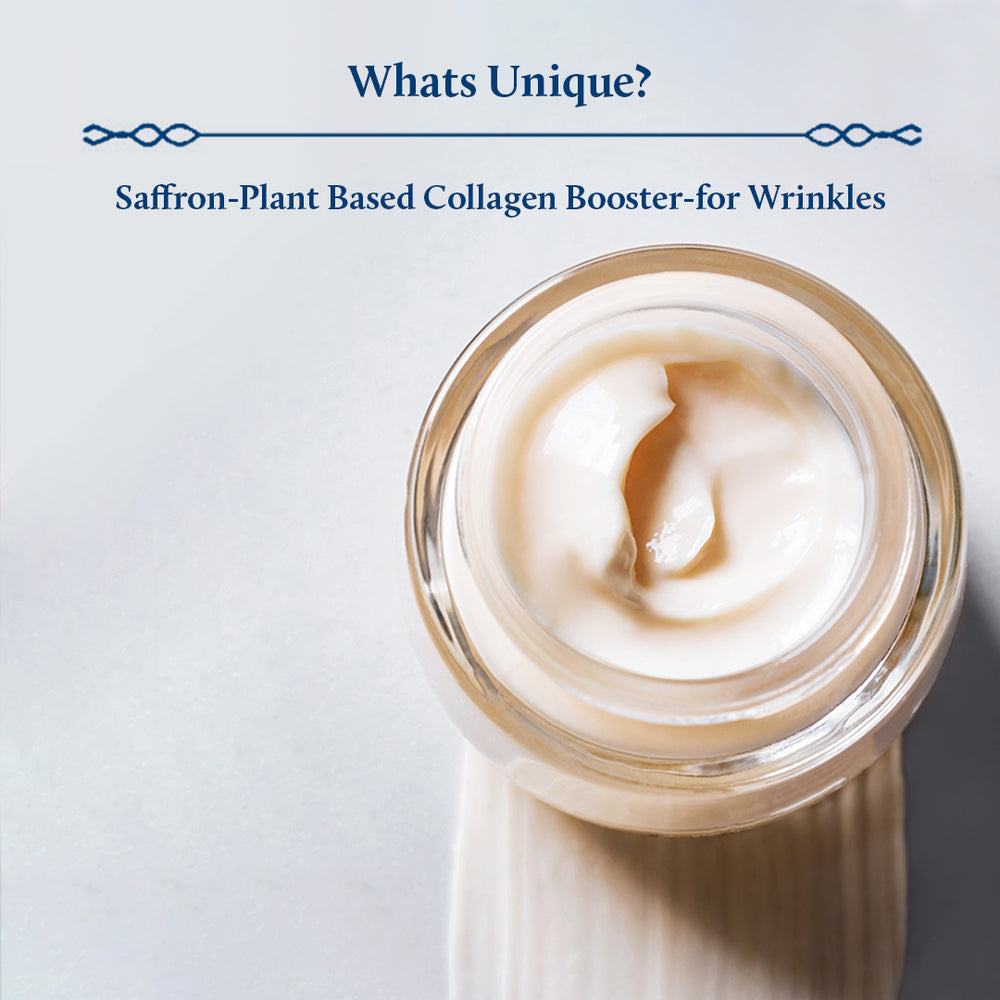
Leave a comment